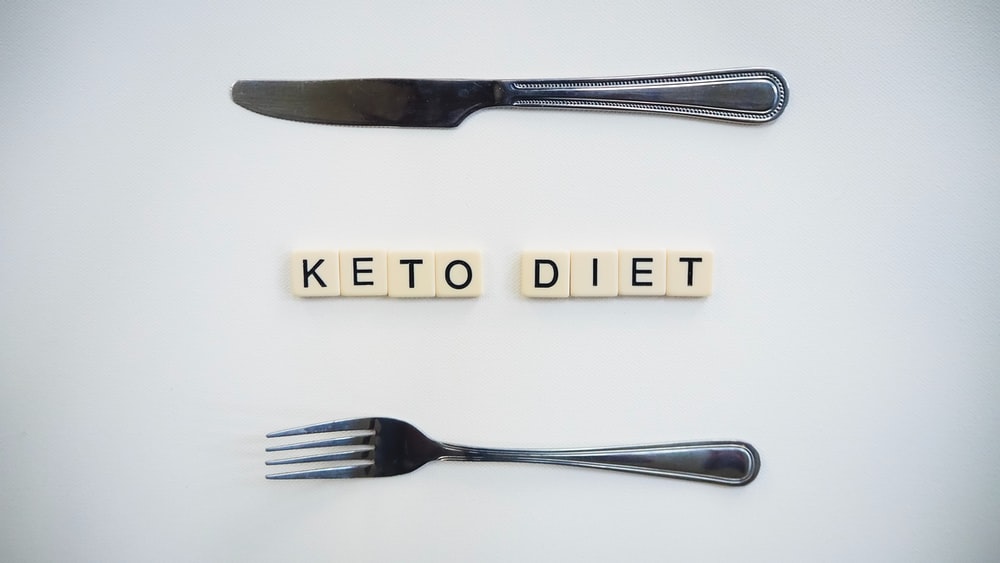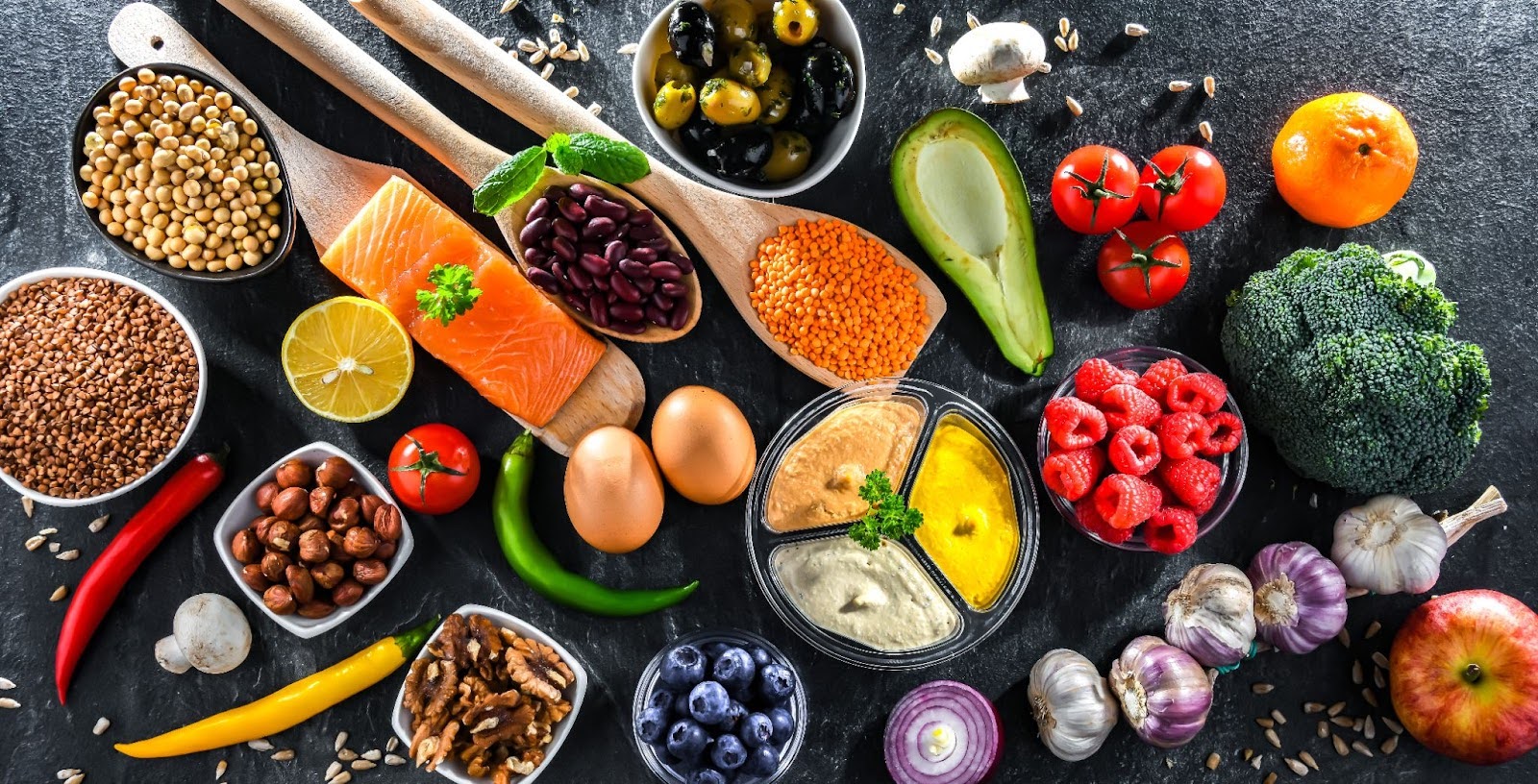Since this diet has not seemed to lose steam (no doubt the promise of fast weight loss and decreased appetite), I thought I would do a refresh on this topic. I will give you the facts I know, what I have experienced with my patients/clients, and a deep understanding of human behavior and insight.
How does keto work? What does a keto diet plan consist of?
I find it very interesting that, in my practice, I don’t know one person actually following the exact rules of the Keto Diet. Why, you may ask? Because it’s extreme and we are not robots. If you didn’t know, this is a way of eating that creates the metabolic state of ketosis. Keto macro percentages are as defined:
• High in fat: typically 80 percent or more of total calories (like whoa).
• Moderate in protein: 1 gram per kilogram of body weight (reasonable).
• Very Low in carbohydrates: 40 to 60 grams per day from foods with a glycemic index under 50. (Seeing that the brain needs 150 grams of carbohydrates per day, this is concerning).
| USDA GUIDELINES: | 55% Carbs | 20% Protein | 25% Fat |
| KETO DIET: | 5% Carbs | 20% Protein | 75% Fat |
Compare these values to the acceptable macronutrient distribution range (or AMDR):
• 20 to 35 percent from fat (ideally from healthy plant fats, while limiting dietary saturated and trans fats which can inflame and form blockages in our precious inner piping).
• 10 to 35 percent from protein (ideally from plant proteins)
• 45 to 65 percent of calories from carbs (ideally from whole intact grains and fruits)

In normal metabolism of a carbohydrate-rich diet, carbohydrates are broken down into glucose and absorbed through the small intestine, where they travel to the liver and are stored as glycogen for the body to use for fuel as needed.
In ketosis, because carbohydrates are so limited, the body is forced to break down fat rather than use glucose for fuel. When glucose is depleted, ketone bodies (the compounds acetoacetate, beta-hydroxybutyric acid and acetone) are created and can cross the blood-brain barrier as energy for the brain and central nervous system (remember I mentioned the minimum of 150g of carbs for the brain/day?). This process mimics a fasting state in the body but provides enough calories to support energy needs. Ketosis is achieved when blood ketone levels are greater than 0.5 mmol/L. That’s why if you are diehard keto, you will have the test strips to test your urine.
Using fat instead of glucose stores?? Sounds kinda good right? Well that’s what people hear and run with it. Read on.
Is the Keto Diet helpful at all?
In the medical world, the ketogenic diet is an approved form of medical nutrition therapy (MNT) for the treatment of epilepsy and other seizure disorders. It is thought that the reduction of neuron excitement and decreased disruptions in energy availability are beneficial to these patients when the body is running off ketones. Only certain medical professionals, like registered dietitians, can provide MNT to ensure that patients (or regular people like you) are meeting their daily needs of nutrients and to reduce their risk for harm. If done incorrectly, this diet could leave you feeling sluggish for weeks on end or just cause your body to rapidly lose and then regain weight later, thus impacting your metabolism. Research comparing 13 trials showed that ketogenic diets can result in more initial weight loss compared to other dieting methods, but after peak weight loss (around 5 months in), dieters started regaining weight.
And sometimes more than where they originally began…

Potential downsides of the Keto Diet:
• Kidney damage: higher levels of nitrogen excretion during protein metabolism on a ketogenic diet could cause kidney damage, especially among people with renal conditions or those who have had a kidney transplant
• Constipation: lack of fiber which leads to short and long term microbiome imbalance in the gut
• Micronutrient deficiencies such as: calcium, vitamin D, selenium, magnesium, phosphorus, iron, essential fatty acids, and prebiotics
• Social isolation: Keto diets require extensive meal preparation and planning, a support system, and a well-equipped cooking environment. Because of the diet’s restrictive nature, people may have a hard time dining out with others, which could lead to social isolation
• Harmful fats in excess: The American Heart Association recommends limiting saturated fat intake to 5 to 6 percent. We see an increase in lipids, or fats, in the blood of patients on the keto diet within six to eight weeks.
• Food obsession: when you micromanage your food intake by tracking how much you eat, it disconnects you from what your body is asking for. You start using outside numbers to determine what to eat instead of listening to your body. Monitoring food so closely can lead to psychological distress, such as shame, and binge eating; restriction can lead to binging, which often leads to guilt, which then leads back to restriction in a continuous cycle.
-A strict keto diet requires close management by a qualified health professional/team (Registered Dietitian and Primary Care Physician/Physician Assistant/Nurse Practitioner for instance)
Potential upsides of Keto Diet:
• Appetite control due to the amount of fat intake
• The diet cuts out nearly all overly processed foods
• Decreased overall calories due to eliminating food groups
• Reduce seizures in pediatric patients with epilepsy
• The Keto Diet is being studied for mitigating symptoms for patients with progressive neurological disorders like Parkinson’s disease, but scientific research has not confirmed benefits for these populations

If you decided to still do it:
• Focus your fats on unsaturated, heart-healthy choices, such as fish, nuts, seeds, olive oil, and avocados
• For your carbs, eat as wide a variety of high-fiber veggies as you can, such as broccoli, kale, arugula, Brussel’s sprouts, and bell peppers.

Some questions to leave you with:
• How long do you plan on eating and living this way?
• Are you getting all the colors in the plant world?
• How does your body and mind feel?
• Is your life balanced?
You be the judge since you are in your body. I am not. I’m here to give you the technical qualities of food and physiology.
I wish you body and mood balance, and life to be about living,
Miriam Jirari MPH, RDN, CPT, Intuitive Eating Counselor
Studio SWEAT Dietitian

Resources:










Comments - 0